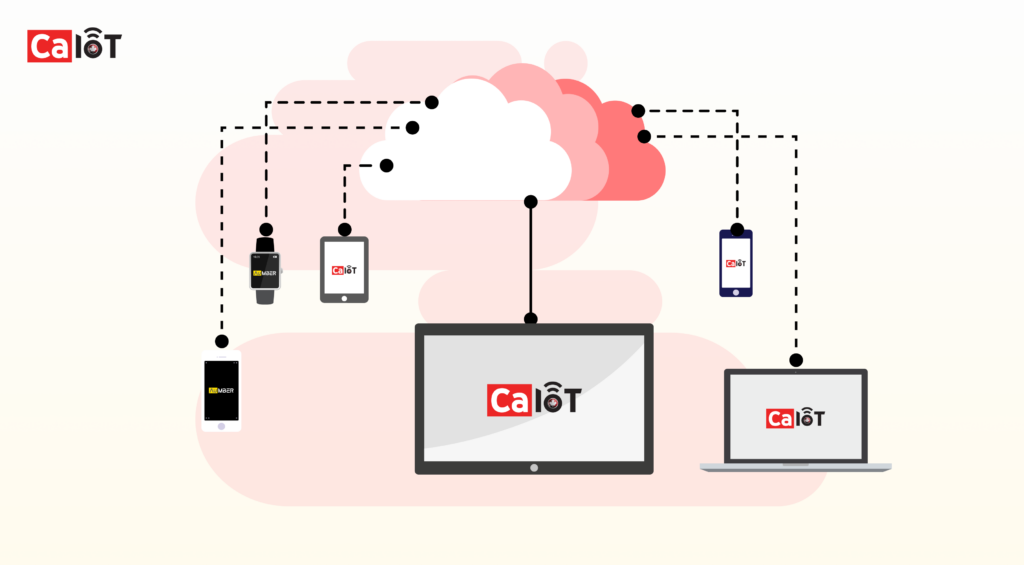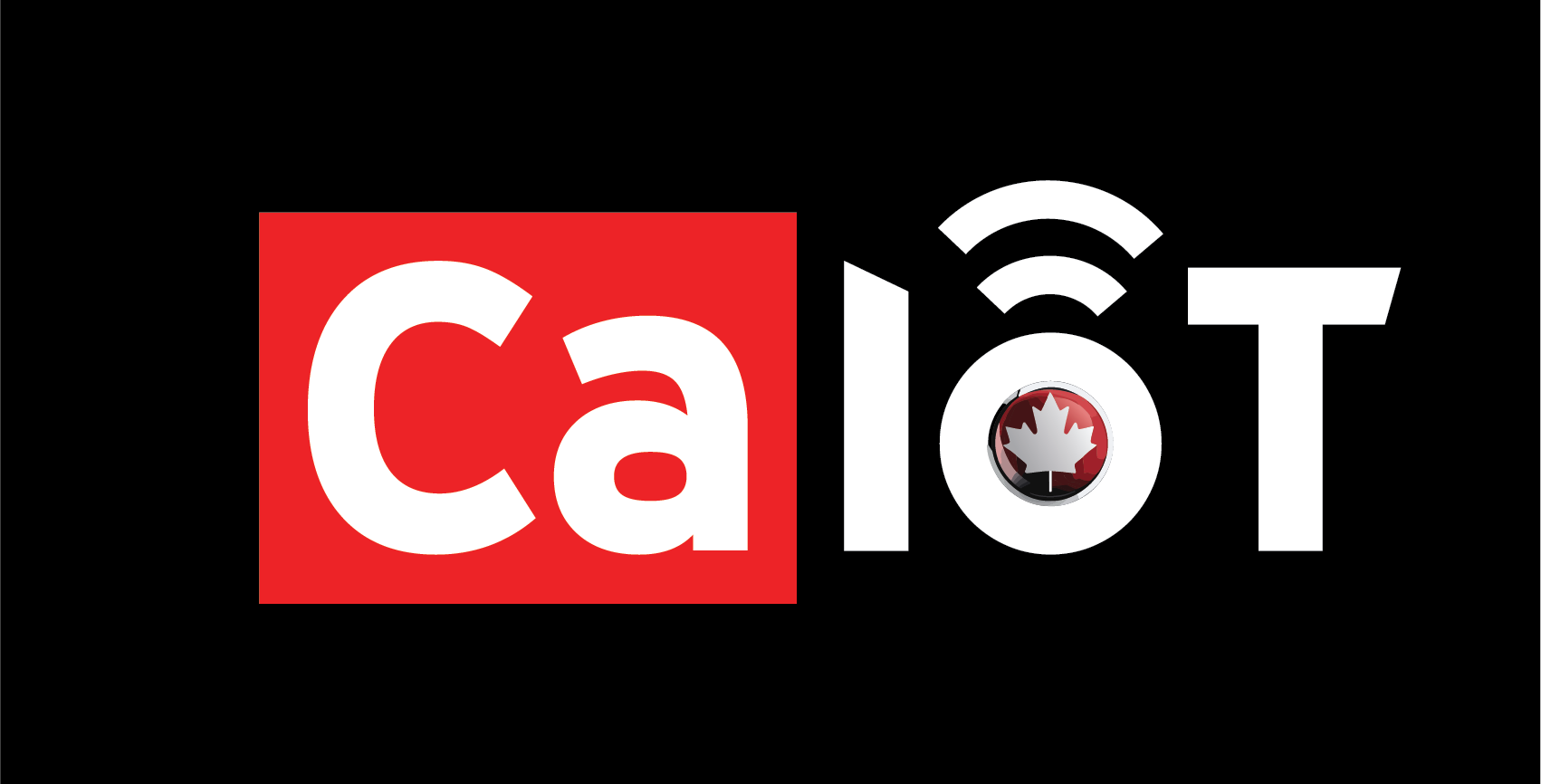Today, cloud testing is relegated to smartphones, tablets, smart watches, and in rare cases, smart TVs. But it has the potential to cover so many more types of devices and is limited more by demand than technology. A few companies, such as CaIoT, are scaling out their IoT cloud testing infrastructure, adding devices such as smart TVs, smart fridges, terminal screens, advertising displays, and so many other internet-connected devices both with and without a screen to their cloud. Soon, any software developer anywhere in the world will be able to access any type of smart device from the cloud and test their product on it with the convenience that they currently do on smartphones. Developers won’t need to purchase all these different kinds of devices to test on. They will just need a single subscription to a platform like CaIoT, giving a level of convenience and versatility never seen before in the software testing industry, similar to how Amazon revolutionized the retail and commerce industries.

- An Era of Truly Universal Software Products: As new tech devices pop up, being developed in countries all over the world, software developers will be empowered to reach an ever-expanding audience. They won’t be limited to building apps for just phones and tablets. Even the smallest independent developers could build a single app which is usable on smart watches, TVs, projectors, fridges, AR and VR headsets, GPSs, and so many other devices without ever having to own those devices due to services like CaIoT making them all available for testing through the cloud.
- A Proven Solution Across Industries: Uber, Airbnb, and Kickstarter. What do these three revolutionary companies have in common? Their business model relies on crowd-sourcing the thing that makes them valuable; the so-called sharing economy. Uber’s large volume of cars and drivers are crowd-sourced, allowing them to achieve a scale which a normal taxi company could never hope to match. Airbnb’s properties are provided by home owners all over the world, giving their users an unparalleled level of choice which hotels couldn’t begin to provide. Kickstarter allows anyone to raise funding for their projects by drawing in billions from normal people, creating a versatile alternative to VCs.
- Crowdsourcing For IoT Cloud Testing: If the business model of crowdsourcing is so successful, why has it not been applied to everything? There are some concerns such as security holding it back in many cases, but this is not the case with so many industries which could be completely disrupted by it. One such industry is cloud testing. CaIoT, sees the potential of crowdsourcing to solve all of cloud testing’s issues. For instance, every cloud testing platform out there has problems with their customers being forced to wait for certain devices to be available due to there simply not being enough of them. If anyone is able to plug in a phone they are not using and make it available in the cloud, there will be so many devices available that testers never have to wait again. It could also be a good and easy source of passive income to so many who need it all over the world, especially in uncertain recessional times like these. It doesn’t matter if the screen is shattered or if the battery is damaged. The tester won’t even notice.
- An Industry In Serious Need of Innovation: Unfortunately, the cloud testing industry in the past five to ten years has considered adding the newest iPhones and Samsung devices to their cloud “innovating” and haven’t done much else to improve their services, save for a few software offerings here and there. The market is in desperate need of disruptions, which is exactly what newer players like CaIoT plan to do.
